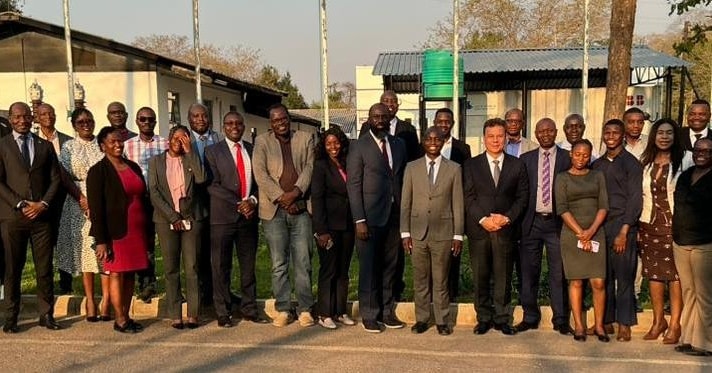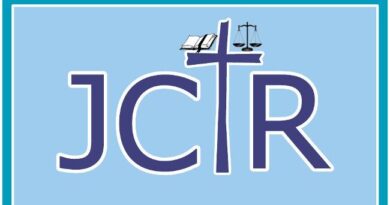Zambia Reviews Nuclear Infrastructure to Bolster Energy Security
The Ministry of Technology and Science has convened a high-level workshop to evaluate Zambia’s nuclear infrastructure as part of its ambition to diversify the country’s energy mix and strengthen energy security.
The meeting, led by Permanent Secretary Eng. Dr Brilliant Habeenzu, reviewed Zambia’s Self-Evaluation Report (SER) guided by the International Atomic Energy Agency’s (IAEA) 19 infrastructure issues. The process assessed progress made to date, identified challenges, and outlined a roadmap towards nuclear power development.
Government reaffirmed its policy commitment to nuclear energy, anchored in the National Energy Policy (2019) and the National Nuclear Policy (2020). The agenda was further strengthened during the 4th Cabinet meeting held in March this year, where nuclear development was highlighted as a strategic priority.
Currently, over 80 per cent of Zambia’s electricity generation comes from hydropower. While historically reliable, this dependence has left the country vulnerable to drought-induced power shortages, costing an estimated 2–3 per cent of GDP annually. Officials noted that a 1,000 MW nuclear power plant could supply around 40 per cent of national electricity demand, stabilising supply and underpinning industrialisation.
Significant strides have already been made, including the adoption of the National Nuclear Policy in 2020, preparation of a Draft Nuclear and Radiation Safety Bill, and the ratification of key international treaties such as the Convention on Nuclear Safety. Work on a comprehensive nuclear law is also at an advanced stage, while regional site analyses are ongoing.
The 2026 National Budget will include allocations for nuclear infrastructure, training, expert missions, and community engagement. The government is also collaborating with the private sector and international financiers to ensure the programme’s viability.
Capacity-building initiatives are underway, with scholarships and fellowships offered to young Zambians pursuing studies in nuclear engineering, safety, and reactor operations. This is aimed at fostering a skilled workforce to sustain the programme in the long term.
Since 2019, the IAEA has provided strong technical and legislative support, and continued cooperation will be key in areas such as technology selection, safety culture, and project management.
Beyond energy, nuclear technology is expected to support industrialisation, healthcare through radiotherapy, food security via nuclear agriculture, and wider scientific innovation.
With clear policy backing, advancing legislation, strong international partnerships, and growing local expertise, Zambia is positioning itself to become a regional leader in the peaceful application of nuclear energy.



